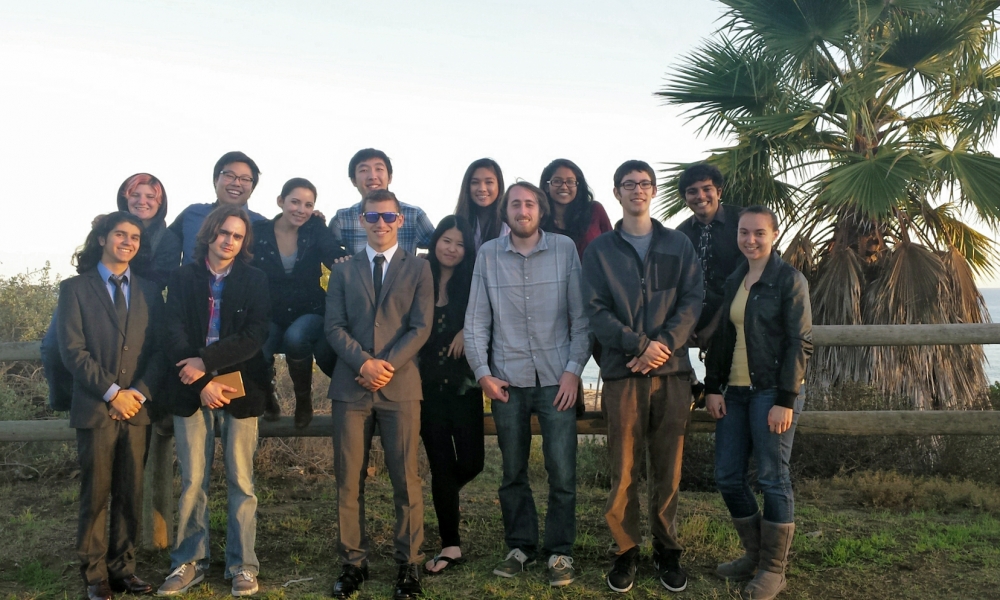
A Question of Ethics
Say you’ve got a phenomenal new meal replacement that is capable of feeding and providing for the nutritional needs of people around the world. You’re prepared to offer it to developing countries, but one thing stands in your way.
Your product, while capable of solving a large portion of the global hunger problem, would likely endanger the local economy. It threatens to tip the scales away from local growers and farmers and pull the rug out from under local food industries, which would be a disaster for agriculturally dominated Third World economies. Should you proceed?
Or how about this dilemma: In a community struggling to provide adequate policing services to all its residents, the local government institutes a nuisance policy that states that more than a certain number of repeated complaints from a residence regarding disturbances would result in penalizing the people who make repeated complaints to law enforcement officials. The rule seeks to decrease the number of hours police spend responding to certain repeat situations and to spread patrols evenly throughout the city. However, the rule also deters people from reporting incidents of harassment and domestic violence for fear of punishment. Should the rule be implemented?
These and similar thought experiments are the kinds of questions students on UC Santa Barbara’s team faced when they competed in the intercollegiate Ethics Bowl. A loose collection of philosophy majors and minors and other undergraduates interested in exploring philosophy and ethical and moral issues, the UCSB team beat out its more established rivals to make it to the regional semifinals, the furthest it has ever gotten in the annual competition.
“We didn’t really expect to do that well,” said Susanna Faulds, a junior majoring in philosophy and a first-timer to the competition. For one thing, she said, their opponents benefited from ethics classes that focused on preparation for the bowl. In addition, her group, which meets twice weekly, had about a quarter to prepare for the event while other teams have had entire semesters.
“First of all, we saw all these people in suits; everyone’s dressed to the nines,” Faulds said of the competition that took place at Santa Barbara City College. “And we thought, ‘Oh boy, this is a lot more serious than we were expecting.’”
Despite the UCSB team’s more casual strategy — and appearance — it demonstrated a keen knowledge of ethics and strong communication skills.
“I really had no idea what to expect in terms of the competition; I’d never heard of the Ethics Bowl and I’ve never debated,” said Sherri Lynn Conklin, who was one of the two graduate student mentors for the UCSB team. “That’s on one hand. On the other, I have a pretty good sense of how to present and talk about the cases. Our team’s strategy is very different from the other teams we competed against, but I think it’s more in line with the goals of the Ethics Bowl.”
The strategy, according to Faulds, president of the UCSB Philosophy Club and its Ethics Bowl team, was a collaborative preparation that involved studying certain cases and, in informal discussion, teasing out the “ethical tension.” As a result, all of the people on the team had at least a passing familiarity with the issues and learned how to play off of one another during the presentations in the competition — several brains ruminating over an issue as opposed to the more conventional strategy of one or two teammates specializing on each issue.
It also helped that some of the presenters were veterans of debate competitions, according to Conklin.
Unlike debate teams, however, participants are not required to fall into one camp or another; rather, they dwell in the gray area that exists in the most interesting of ethical dilemmas. And they are scored based on their grasp of the issues, their critical thinking and their ability to articulate the ethical dimensions of the issues.
“The really interesting thing about the Ethics Bowl that I enjoy is that, unlike in debate team, you don’t have to take polar opposite stances,” Faulds said. “You can agree on things, and I really like that freedom.”
Issues explored during the club meetings and at the bowl competition itself are topical ones that everybody — from the highest-ranking policymakers to regular people — grapples with on a daily basis: privacy versus safety, civil liberties versus national security, economy versus health concerns, and so on.
“We present a case for a policy or moral evaluation, but we’re meant to really figure out what’s at stake in the case — on all sides of the dilemma — and present a view that a real person could be satisfied with,” said Conklin. “I want my students to walk away with a better understanding of how to break down a dilemma, examine every angle and come up with a solution that takes multiple perspectives into account.”
The team didn’t make it past the regionals last year, but its experience offered fodder for consideration for this year’s tournament. According to Conklin, the Ethics Bowl team will step up its game by taking a more rigorous approach to studying the cases, though its collaborative style is likely to stay the same.
“One thing I hope doesn’t change,” she said. “During the last competition they had a lot of energy and a great attitude toward the other teams. I hope they keep that up because I think it served them well.”



